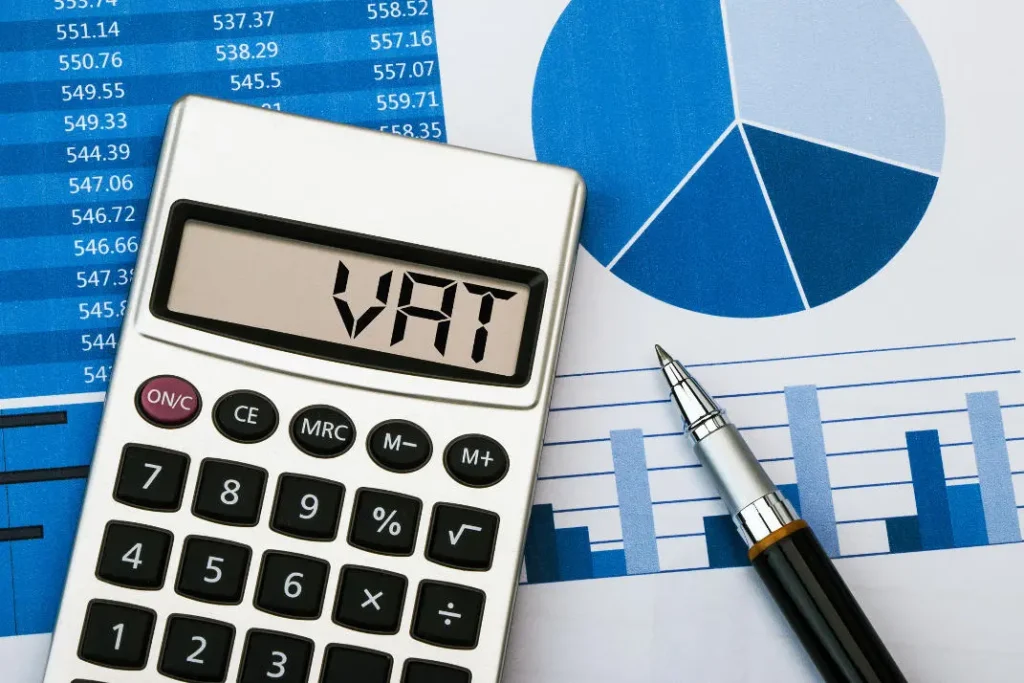Introduction
Thailand has become an attractive destination for investors looking to enter the Southeast Asian market. The Thai government has introduced the Thailand Long-Term Resident (LTR) Visa program to attract high-value applicants in response to this trend. This 10-year visa offers a range of incentives to attract highly skilled investors and expatriates, making Thailand a regional hub for living and conducting business.
This comprehensive guide will explore the eligibility criteria for the LTR Visa and delve into its various benefits.
Key Points
- The Long-Term Resident Visa (LTR) is designed to provide an extended stay for foreign nationals in Thailand.
- This visa is exclusively available to individuals within four distinct groups, each with unique eligibility criteria.
- One notable advantage of the LTR is the array of unique benefits it offers, including tax incentives, which make it an appealing choice for eligible applicants.
- The LTR is an attractive alternative to the more expensive Elite Visa
What are the Eligibility Requirements for the Long-Term Resident (LTR) Visa?
The LTR Visa is available to four categories of foreigners: Wealthy Global Citizens, Wealthy Pensioners, Work-from-Thailand Professionals, and Highly-Skilled Professionals.
Each category has specific eligibility requirements that applicants must meet.
Wealthy Global Citizens
Wealthy Global Citizens possess significant assets and a substantial annual income. To qualify for the LTR Visa under this category, applicants must meet the following criteria:
- Hold assets worth at least $1 million
- Have an annual income of at least $80,000 for the past two years
- Make a minimum investment of $500,000 in Thai government bonds, foreign direct investment, Thai property, or a combination.
Wealthy Pensioners
The Wealthy Pensioner category is designed for individuals aged 50 or older with a stable pension or passive income. The eligibility criteria for this category include:
- Have a personal income of at least $80,000 annually at the time of application
- For individuals with an income below $80,000 but at least $40,000 per year, a minimum investment of $250,000 in Thai government bonds, foreign direct investment, Thai property, or a combination of these is required.
Work-from-Thailand Professionals
The Work-from-Thailand category aims to attract remote workers employed by established foreign companies. The eligibility requirements for this category include:
- Have an annual income of at least $80,000 for the past two years
- Additional criteria apply for individuals with an income ranging from $40,000 to $80,000 per year, such as holding a Master’s degree or above, owning intellectual property, or receiving Series A funding.
- Current employers must be publicly listed on a stock exchange or a private company with at least three years of operation and a combined revenue of at least $150 million in the past three years.
- Applicants must have at least 5 years of experience in their relevant fields over the past 10 years.
Highly-Skilled Professionals
The Highly-Skilled Professional category is tailored for experts and professionals working in targeted industries in Thailand. The eligibility criteria for this category include:
- Have an annual income of at least $80,000 for the past two years
- Additional criteria apply for individuals with an income ranging from $40,000 to $80,000 annually. They must hold a Master’s degree or above in science and technology or possess special expertise relevant to the job assignment in Thailand.
- Professionals working in government higher educational institutions, research centers, specialized training centers, or government agencies are exempt from minimum income requirements.
- The business entity must operate in one of the targeted industries outlined by the Thai government.
- Applicants must have at least 5 years of experience in the targeted industries, hold a PhD in relevant fields, or work for a Thai government agency.
What are the Benefits on offer for Long-Term Resident Visa Holders?
One of the primary advantages of the LTR Visa program is the range of benefits it offers eligible individuals. These benefits make Thailand an even more attractive destination for professionals seeking to live and work abroad.
Highly-Skilled Professionals: 17% Flat Tax Rate
Highly-Skilled Professionals with the LTR Visa are entitled to a discounted personal income tax rate of 17%. This represents a significant advantage compared to Thailand’s regular personal income tax rates, ranging from 5% to 35%. The reduced tax rate allows highly skilled professionals to retain more income, providing a financial incentive to work and live in Thailand.
To qualify for this preferential tax rate, certain conditions must be satisfied:
- The individual should possess expertise in specific industries and be employed by business entities, higher education institutions, research centers, specialized training organizations in Thailand, or Thai government agencies.
- They must earn assessable income according to Section 40 (1) of the Revenue Code while fulfilling their professional duties for a qualifying entity.
- Compliance with the legal requirement to file a personal income tax return (P.N.D. 95) for the relevant tax year is mandatory.
- Employers have the option to reach an agreement with the qualified professional to withhold tax at a fixed rate of 17%.
- If the foreign employee has already undergone tax withholding at the flat rate of 17%, they are not obliged to include this income in their personal income tax return, provided they refrain from seeking a refund or tax credit for the amount paid.
- In cases where the foreign worker has received assessable income subject to withholding tax under specific sections of the Revenue Code, they can consider the tax withheld as the final tax and, consequently, exclude the income from their personal income tax return.
- Failure to adhere to the stipulated rules, procedures, and conditions during a given tax year renders the employee ineligible for income tax exemption in that specific fiscal year.
Tax Exemption for Overseas Income
Another notable benefit for LTR Visa holders is the exemption from paying taxes on overseas income. This means that individuals who earn income from foreign sources are not required to pay taxes on that income in Thailand. The tax exemption for overseas income provides an additional financial advantage for LTR Visa holders, particularly those with international business interests or investments.
It is important to note that this exemption does not extend to individuals holding Highly Skilled Professional Long-Term Resident (LTR) visas.
It is also important to note, that LTR vis holders are exempted from the upcoming new laws regarding remitting foreign income into Thailand. The new rules state that any income remitted into Thailand from abroad will be subject to Income Tax. This benefit for LTR holders, exempts them from this requirement.
Authorization to Work in Thailand
Individuals possessing a Long-Term Resident (LTR) visa are entitled to obtain a Digital Work Permit, a significant advantage for those looking to pursue legal employment in Thailand. This avenue is presently not accessible through the existing visa options.
Notably, the Digital Work Permit is accessible to LTR visa holders and their dependents.
Applicants are required to secure employment in Thailand before initiating the application process for the Digital Work Permit.
Exemption from Employment Ratio Requirement
One of the challenges for foreign businesses operating in Thailand is the requirement to maintain a specific ratio of Thai employees to foreign employees in order to support a work permit. Thai Limited Companies must employ 4 Thai Employees for each foreign employee hired.
However, LTR Visa holders are exempt from this employment ratio requirement. This exemption allows businesses with LTR Visa holders to have a more flexible workforce composition, facilitating the recruitment of highly skilled professionals from abroad.
Fast Track Service at International Airports
LTR Visa holders also benefit from a fast-track service at international airports in Thailand. This expedited service streamlines the immigration process, allowing LTR Visa holders to avoid long queues and proceed quickly through immigration checkpoints. The fast track service saves time and provides a smoother travel experience for LTR Visa holders.
Other Privileges and Services
In addition to the aforementioned benefits, LTR Visa holders enjoy various other privileges and services. These include:
- Extension of the 90-day reporting requirement to one year
- Exemption from the re-entry permit requirement
- Immigration and work permit facilitation services at the One Stop Service Center for visa and work permit, simplifying administrative processes for LTR Visa holders.
Our Thoughts
The Thailand Long-Term Resident (LTR) Visa program in Thailand offers significant benefits and privileges for eligible individuals. The visa provides an attractive opportunity for wealthy individuals, pensioners, remote workers, and highly skilled professionals to live and work in Thailand. With a 10-year validity and a discounted tax rate of 17% for highly skilled professionals, the LTR Visa program positions Thailand as a favorable destination for individuals seeking a high quality of life and favorable tax conditions.
Furthermore, the LTR visa is an excellent alternative to the far more expensive Elite Visa. The official fees for the LTR are 50,000 THB, while the Elite Visa starts at approximately 900,000 THB.





